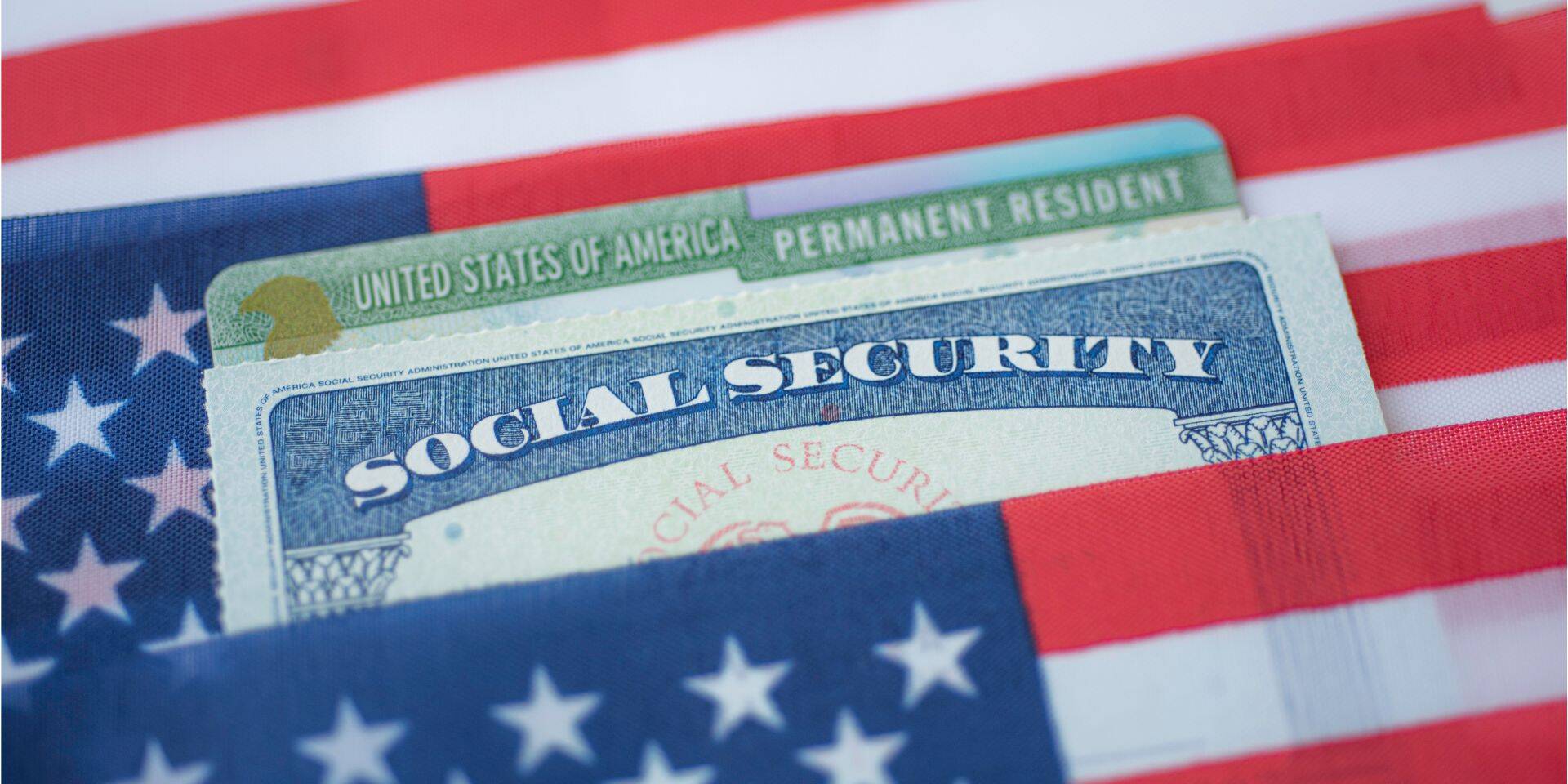Lawful permanent residents (LPRs), commonly known as green card holders, face the risk of deportation if they are arrested and convicted of certain criminal offenses. Under a 1996 law, Illegal Immigration Reform and Immigrant Responsibility Act (IIRIRA), individuals with permanent residency status can be subject to removal proceedings if they commit crimes classified as deportable offenses.
This issue has gained renewed attention amid concerns that the Trump administration has been aggressively enforcing existing immigration laws to expedite deportations. Immigrant rights advocates worry that the broad interpretation of these laws may lead to an increase in removals, sometimes without due process protections. Concerns have grown that the Trump administration leveraged this law to accelerate deportations, even in cases where non-citizens have lived in the U.S. for decades or committed minor offenses
Certain criminal convictions can trigger deportation for lawful permanent residents, including but not limited to:
- Violent crimes, such as assault, murder, or domestic violence.
- Immigration-related offenses, including knowingly assisting or smuggling someone into the U.S. illegally.
- Financial crimes, such as fraud, money laundering, or tax evasion.
- Aggravated felonies, which cover a wide range of offenses deemed particularly severe for immigration purposes.
- Drug-related offenses, including possession, trafficking, or distribution.
- Crimes against national security, such as espionage, treason, or terrorism-related activities.
- Voluntary abandonment of lawful permanent resident status, which can occur through prolonged absence from the U.S. without proper documentation or intent to return.
A growing concern is that many green card holders facing deportation under these laws may not have adequate legal representation in immigration court. Unlike criminal proceedings, where defendants have a right to a court-appointed attorney, immigration cases do not guarantee free legal counsel. This leaves many non-citizens vulnerable to deportation without fully understanding their rights or options.
Given the evolving nature of immigration policies and enforcement tactics, lawful permanent residents are strongly encouraged to review their legal history and seek legal counsel if they have any past criminal charges, arrests, or convictions that could jeopardize their immigration status. Even minor offenses that may not seem significant in a criminal court can have serious consequences under immigration law.
At ILBSG, we actively monitor changes in U.S. immigration policies and their potential impact on our clients. If you have questions about your immigration status or how criminal charges may affect your green card, contact us. Working with an experienced immigration attorney ensures that you receive accurate advice tailored to your situation. In an ever-changing legal landscape, staying informed and proactive is critical to protecting your rights and future in the United States.
Related Posts
April 17, 2025
Expanded DHS and FBI Involvement Driving More Green Card Holder Removals
The expansion of DHS, USCIS, and FBI…
April 17, 2025
F-1 Students Anticipate Visa Cancellations and Removals
F-1 visa cancellations have raised…
April 17, 2025
H-1B Holders Face Layoffs Along with Possibility of Removal
H-1B holders are facing mounting…



